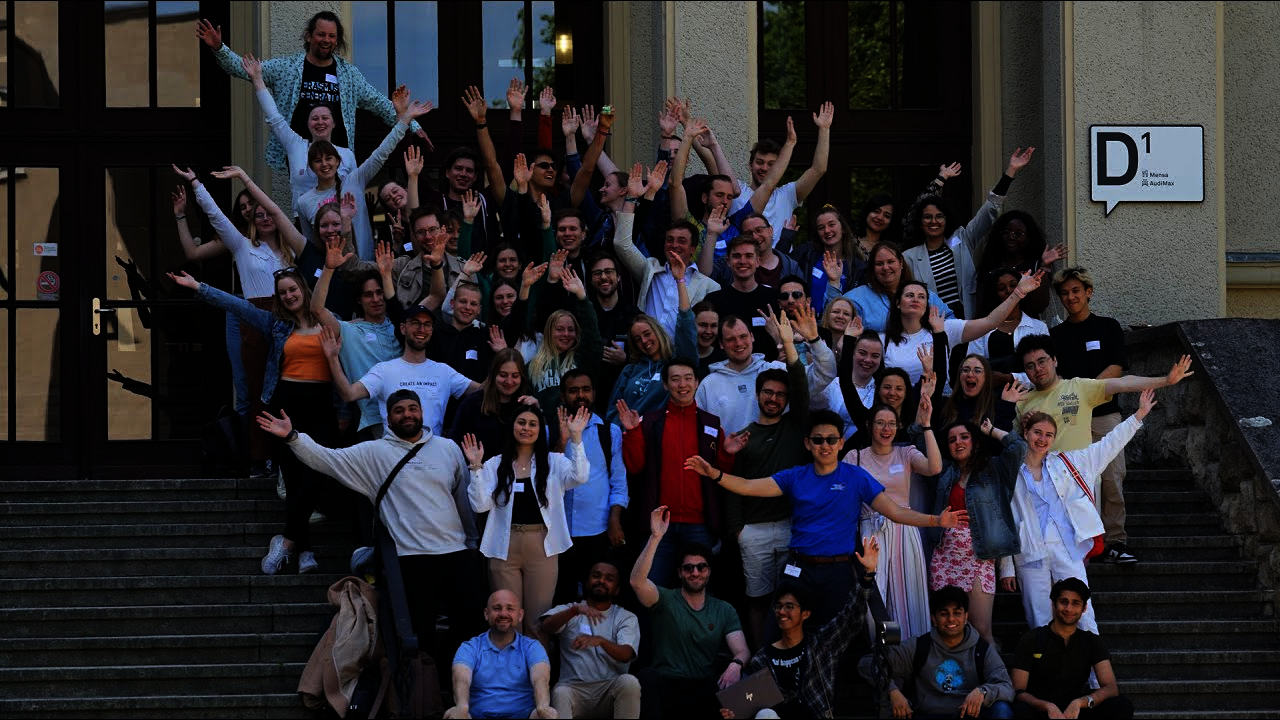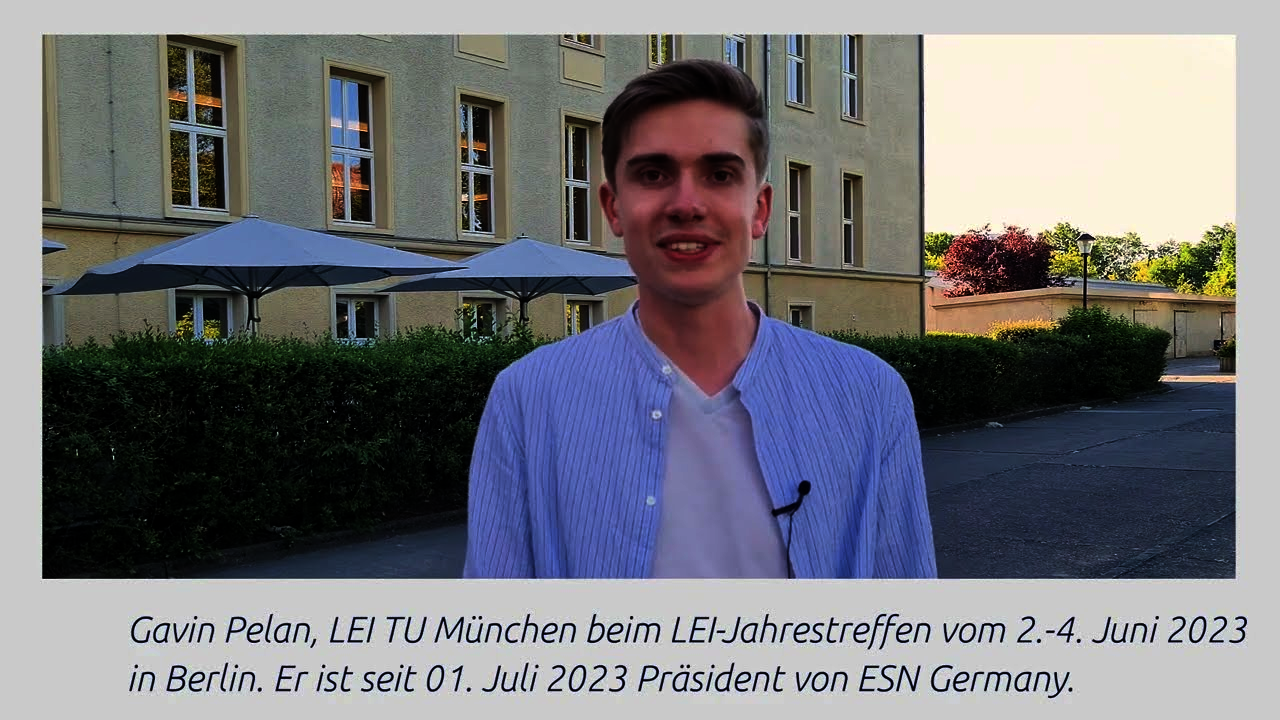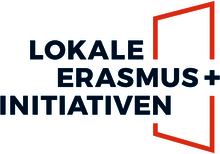Local Erasmus+ Initiatives: an established element of peer-to-peer support
The Local Erasmus+ Initiatives are almost as old as Erasmus+ itself. For more than 30 years, student groups have been informing, advising and motivating students at German universities on behalf of the LEIs on the subject of Erasmus+ periods abroad. They play an important role not only in helping universities interest students in international mobilities, but also in preparing them for their time abroad. Equally, they provide assistance to international students settling in at their own university.
Typical LEI activities include language tandems, buddy programmes, regular informal get-togethers, city tours and information events. But the LEIs also organise more unusual events to connect international students with local students and promote mobility. In addition to a lump sum from the NA DAAD, LEIs can receive funding for activities that take place according to annually changing themes. Last year’s special theme was «sustainability». For example, the LEIs organised a visit to a waste museum and discussions with international students on waste separation and avoidance as well as workshops on the sustainable use of resources.
The LEIs are much more closely linked to universities than EmS and BtS, often working hand in hand with International Offices. To receive funding, an LEI is required to submit an application in cooperation with the respective International Office. The NA DAAD announces funding at the end of each year.


![[Translate to English:] Foto vom Team Studentisches Engagement für Europa der NA DAAD](/fileadmin/_processed_/8/0/csm_SEfE-Team-M%C3%A4rz-2023_2d5640ef98.jpg)

